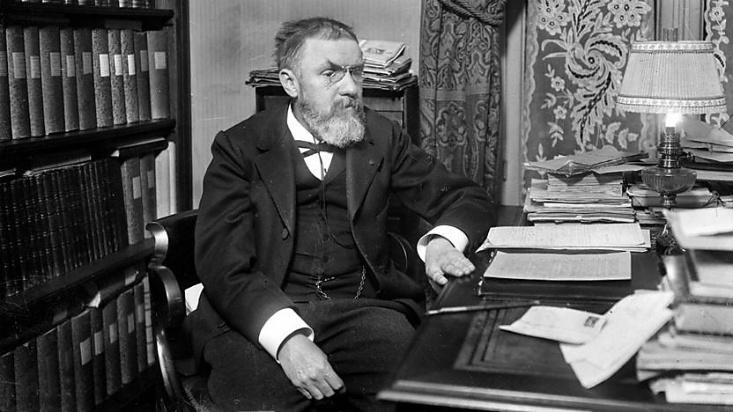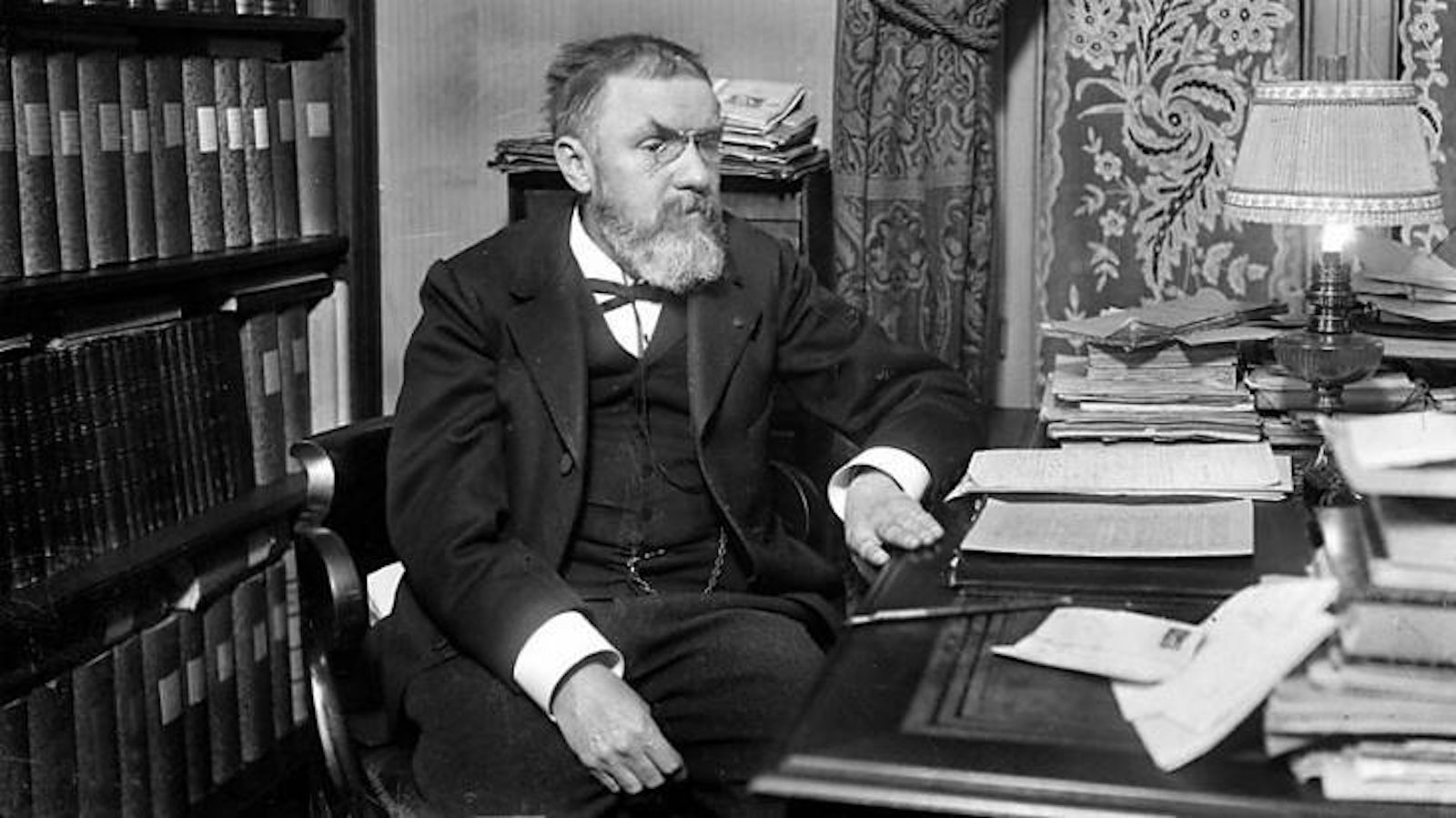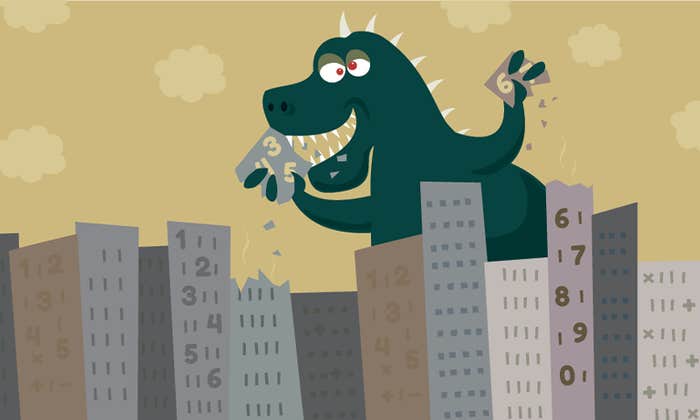
In November 2002, a Russian mathematician named Grigori Perelman posted the first of three short preprints to the arXiv (an online repository for drafts of academic papers in math and science), offering a proof for the famous Poincare conjecture—one of the toughest remaining unsolved problems in mathematics, although partial solutions had been made over the decades since it was first proposed in 1904. Apparently he’d stumbled on his insight while working on something else; the short paper seemed almost like an afterthought, despite its world-shaking contents. Rumor had it that Perelman did not even plan to publish a formal paper.
Perelman’s proof stood up to the intense scrutiny that followed by his colleagues. It was such a momentous achievement that in 2006, Perelman was awarded the Fields Medal, the highest honor in mathematics. Any mathematician would be over the moon to attain such recognition, but Perelman inexplicably turned down the award, announcing, “I’m not interested in money or fame. I don’t want to be on display like an animal in a zoo. I’m not a hero of mathematics. I’m not even that successful; that is why I don’t want to have everybody looking at me.” If his proof was correct, he reasoned, “then no other recognition is needed.” Perelman was the first and, thus far, only person to decline the award.
Four years later, he also turned down the awarding of the first Clay Millennium Prize, spurning the $1 million that came with it. His only comment, offered through a closed door: “I have all I want.” At last report, he had resigned his university position and was living in solitude at his mother’s house in St. Petersburg.
Perelman’s withdrawal from public life only made people more curious about him. Despite refusing all interviews, he’s been the subject of much media speculation, a lengthy article in The New Yorker, and the subject of a fascinating book by Russian-born journalist Masha Gessen, Perfect Rigor. All sought to answer the burning question: What would drive a man to shun all fame and recognition—well-deserved, I might add—and withdraw from the world altogether?
Certainly, Perelman had always been eccentric. Gessen’s biography paints a rather grim picture of Perelman’s childhood rise as a star in Russian competitive mathematics during the 1970s, earning a perfect score and a gold medal at the 1982 Olympiad. It was his best shot, as a Jewish boy, of getting into the prestigious Leningrad University, which only accepted two Jewish candidates per year.
His only comment, offered through a closed door: “I have all I want.”
By all accounts, Perelman was a perfectionist who rarely made mistakes and had a number of behavioral tics—like humming or moaning—when engrossed in solving a problem. By the time he entered university, he had long curling fingernails and already evinced hermit tendencies, preferring to hole up in his room to work, subsisting on black bread and fermented milk.
He labored in relative obscurity until 1994, when he shot to mathematical fame with his proof of a topological conundrum known as the soul conjecture, and was offered positions at both Stanford and Princeton in the US. In a hint of things to come, Perelman turned down both—supposedly rejecting Princeton’s offer because he was offended they deigned to ask him for a CV, when he felt his work should speak for itself. He returned to Russian and a position at the Steklov Institute. When the European Mathematical Society considered awarding Perelman a prize for his work, he threatened to cause a nasty scene. Apparently he thought the work was incomplete and he was the best judge of when it would be deserving of a prize.
From the few public statements made by Perelman and close colleagues, it seems he had become disillusioned with the entire field of mathematics. He was the purest of the purists, consumed with his love for mathematics, and completely uninterested in academic politics, with its relentless jockeying for position and squabbling over credit. He denounced most of his colleagues as conformists. When he opted to quit professional mathematics altogether, he offered this confusing rationale: “As long as I was not conspicuous, I had a choice. Either to make some ugly thing or, if I didn’t do this kind of thing, to be treated as a pet. Now when I become a very conspicuous person, I cannot stay a pet and say nothing. That is why I had to quit.”
If nothing else, Perelman is consistent in his dislike for the public spotlight. Gessen speculates that Perelman’s odd behavior stems from an acute form of Asperger’s syndrome, exacerbated by the strict mathematical cocoon in which he had come of age. But since she did not interview Perelman, nor has the man undergone professional evaluation, this is little more than an armchair diagnosis, albeit a compelling one. The truth is that Perelman’s exact reasons for becoming a virtual recluse are likely to remain a mystery. It is still an unanswered, and possibly unanswerable, question.
Jennifer Ouellette is a science writer and the author of The Calculus Diaries and the forthcoming Me, Myself and Why: Searching for the Science of Self. Follow her on Twitter @JenLucPiquant.


























